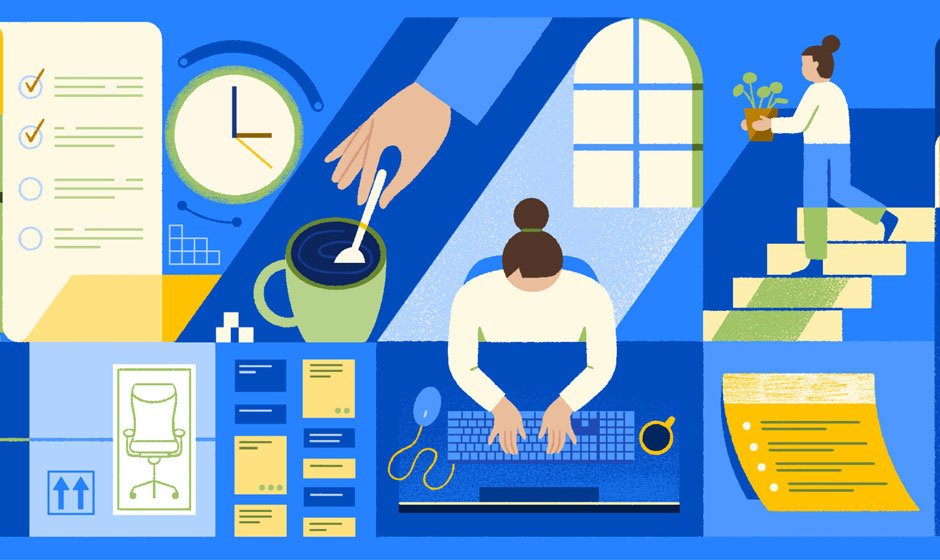Navigating the Web: 10 Strategies to Foster Inclusive Internet Access

In our rapidly advancing digital age, the Internet serves as an essential gateway to information, education, communication, and economic opportunities. However, despite its widespread use, there are still significant barriers to inclusive internet access. In this article, we will explore ten strategies to foster inclusivity on the web, ensuring that the benefits of the digital world are accessible to everyone.
Importance of Inclusive Internet Access
In our digitally interconnected world, inclusive Internet access is more than a technological achievement; it’s a key driver of social and economic progress. It envisions a digital realm where everyone, regardless of location or background, has equal opportunities. Understanding the significance of inclusive internet access is fundamental to building a fair and globally connected society.
- Equal Access to Information
Inclusive internet access breaks down information barriers, ensuring equal access to knowledge and opportunities for personal and professional growth.
- Facilitating Social Inclusion
The internet fosters social inclusion by connecting people across distances, mitigating social isolation, and nurturing diverse online communities.
- Empowering Marginalized Communities
For marginalized groups, inclusive internet access is a tool for empowerment, providing avenues for economic participation, education, and civic engagement.
- Driving Economic Development
Inclusive internet access levels the playing field, fostering innovation, entrepreneurship, and economic growth by providing equal online market access.
- Enhancing Healthcare Accessibility
The internet contributes to improved healthcare by disseminating information, supporting telemedicine, and making health resources accessible to diverse populations.
10 Strategies to Foster Inclusive Internet Access
Digital Literacy Programs
Promoting digital literacy is a fundamental step towards inclusive internet access. Educational programs should be designed to teach individuals, regardless of age or background, how to use digital devices, navigate the web, and understand online security. By empowering people with digital skills, we pave the way for them to access a myriad of online resources.
Additionally, ensuring accessible ACP Program Arkansas is crucial, as it subsidized provides communication services, including internet access, phone plans, and focuses on promoting digital literacy by providing training and support
Accessible Website Design
Websites must be designed with accessibility in mind. This involves creating user interfaces that are easy to navigate and ensuring compatibility with assistive technologies such as screen readers. Alt text for images, subtitles for videos, and clear, simple layouts contribute to a more inclusive online experience.
Affordable Connectivity Solutions
Access to the internet should not be hindered by financial constraints. Governments, NGOs, and private entities can collaborate to provide affordable connectivity solutions, including subsidized internet plans, public Wi-Fi initiatives, and affordable devices. Bridging the digital divide requires addressing economic barriers to access.
Multilingual Content
The internet is a global space with diverse linguistic communities. To enhance inclusivity, web content should be available in multiple languages. This ensures that people from different linguistic backgrounds can access information and participate in online discussions, fostering a more inclusive digital environment.
Community Outreach Programs
Community-based initiatives play a crucial role in promoting internet inclusivity. Outreach programs can provide training sessions, workshops, and resources to underserved communities, empowering them to make the most of online opportunities. Collaborating with local organizations can help tailor these programs to specific needs.
Government Policies and Regulations
Governments play a pivotal role in shaping the digital landscape. Implementing policies that prioritize internet accessibility, regulate service providers, and ensure equal opportunities for all citizens is essential. A regulatory framework can address issues such as net neutrality, data privacy, and fair competition to create a more inclusive internet ecosystem.
Adaptive Technologies
Embracing adaptive technologies is crucial for inclusivity. This includes developing and promoting technologies that cater to individuals with disabilities. Whether it’s voice-controlled interfaces, braille displays, or other assistive devices, integrating adaptive technologies into the digital infrastructure enhances accessibility for all users.
Culturally Relevant Content
Inclusivity goes beyond language; it involves recognizing and respecting cultural diversity. Web content should be culturally relevant and sensitive, reflecting the diversity of users. By creating a digital space that acknowledges and celebrates various cultures, we contribute to a more inclusive and welcoming online environment.
Digital Inclusion Partnerships
Collaboration between public and private sectors, academia, and civil society is essential to achieving widespread digital inclusion. By forming partnerships, resources can be pooled to address the multifaceted challenges of internet access. These collaborations can lead to innovative solutions, policy development, and shared best practices.
User Feedback and Iterative Improvement
Constant feedback from users, especially those facing barriers, is invaluable. Web developers, service providers, and policymakers should actively seek input from diverse user groups to identify challenges and implement improvements. An iterative approach to development ensures that the digital landscape evolves in response to the needs of all users.
Conclusion
Achieving inclusive internet access is a complex but essential goal for creating a fair and equitable digital society. By implementing these strategies – from promoting digital literacy to fostering partnerships and embracing adaptive technologies – we can work towards a future where everyone, regardless of background or ability, can fully participate in the opportunities offered by the vast world of the internet. It is through collective efforts and a commitment to inclusivity that we can truly navigate the web as a space for all.



